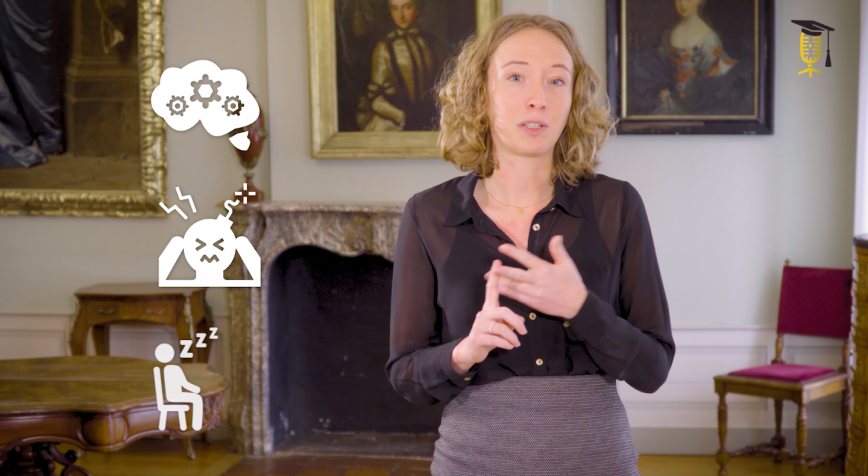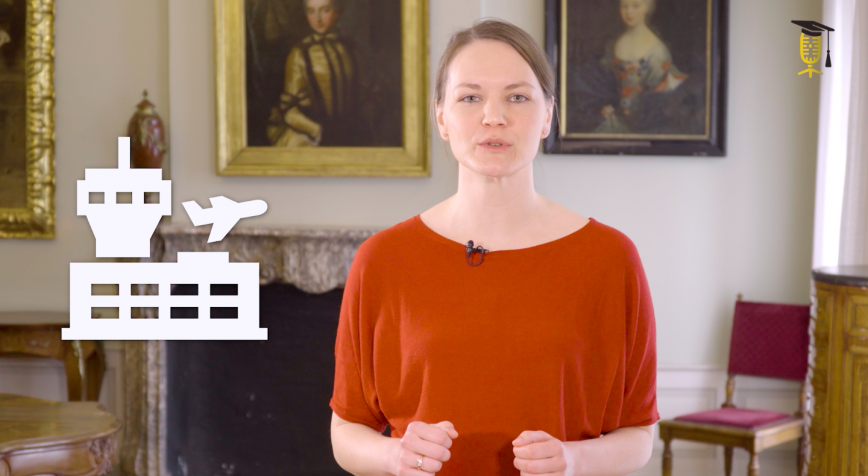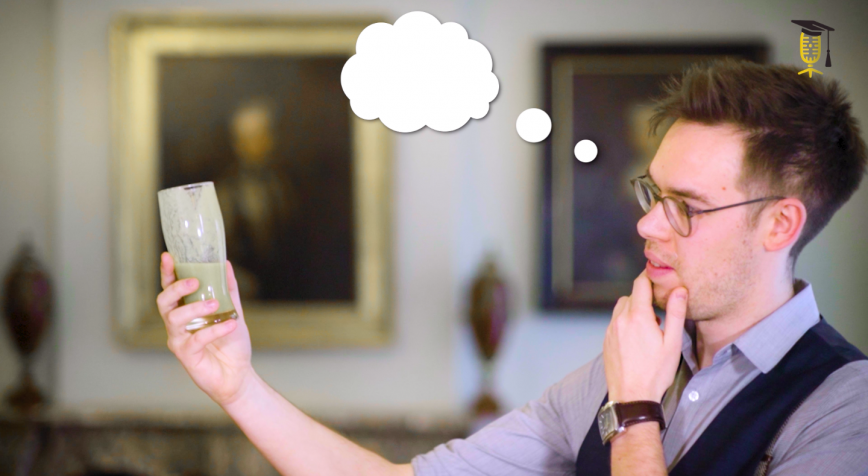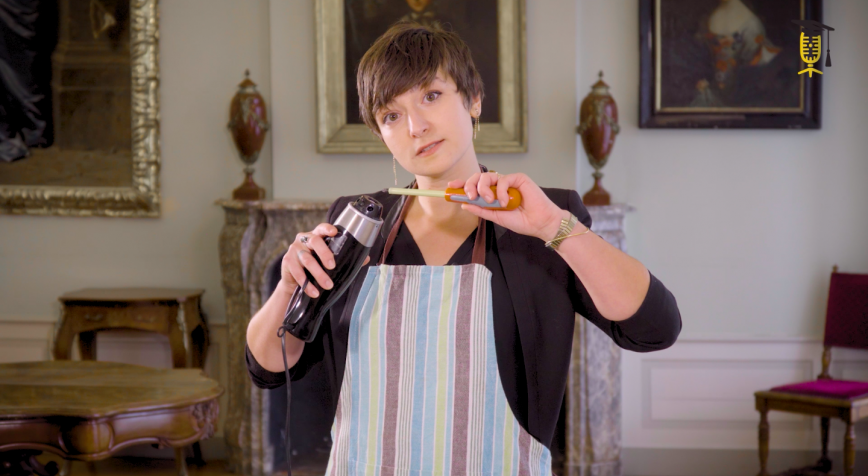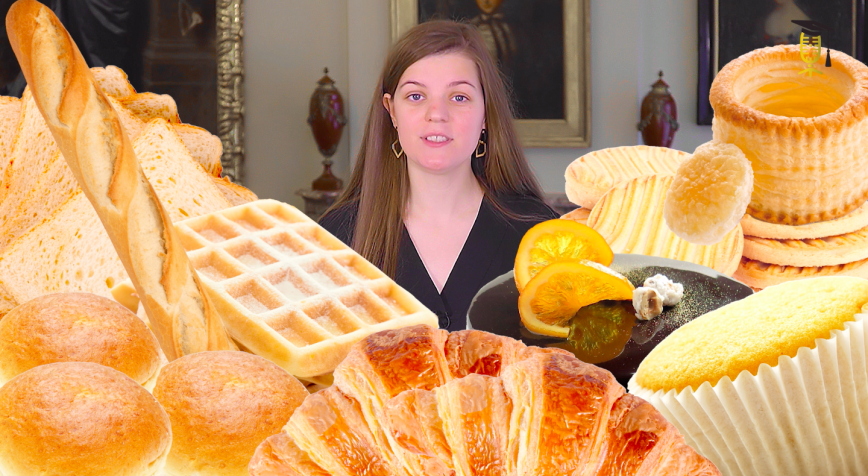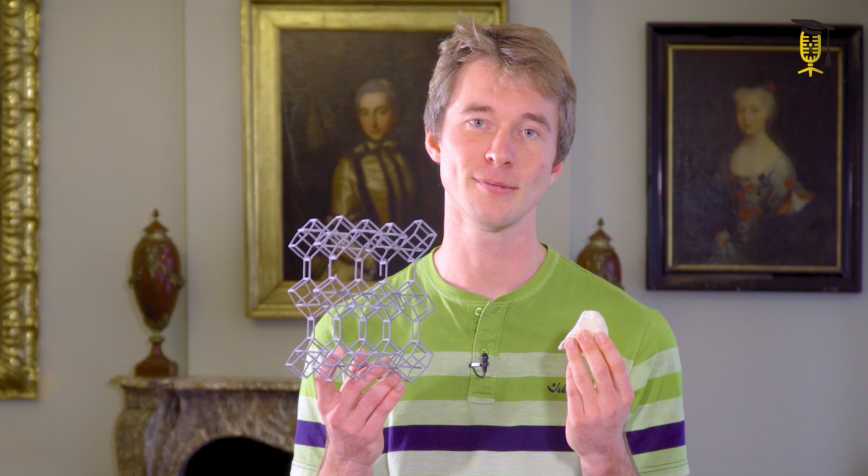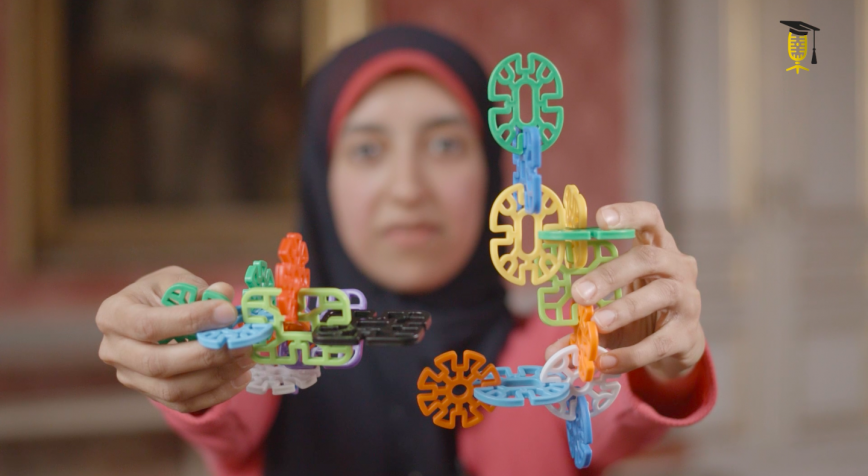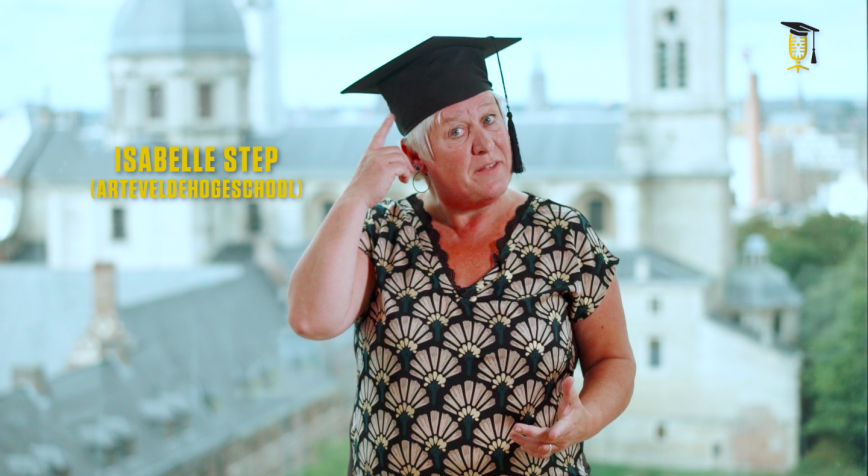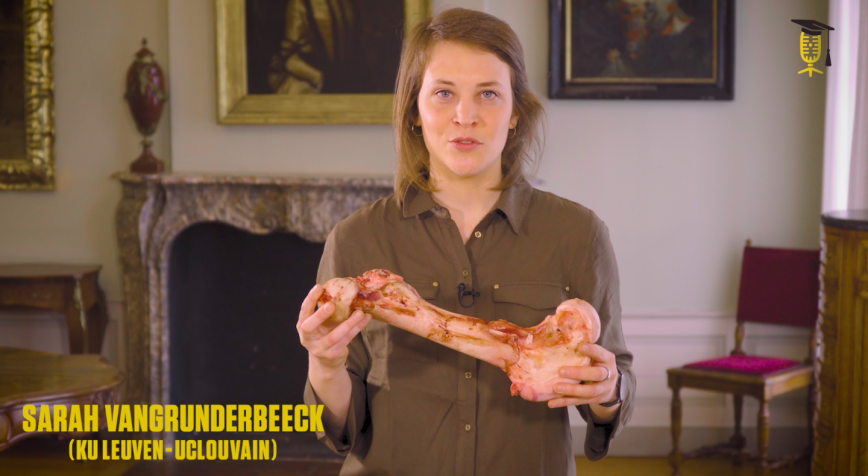
KU Leuven
Looking inside tissue without cutting
What do bone marrow, liver and a tumor have in common? They all consist of so-called "soft tissue", which is not easily visualized by a CT scan. In order to study it, therefore, one has to extract pieces from a patient's body. Sarah Vangrunderbeeck wants to help change this.

